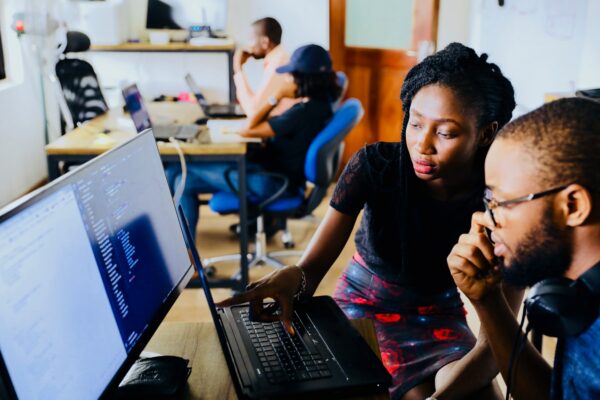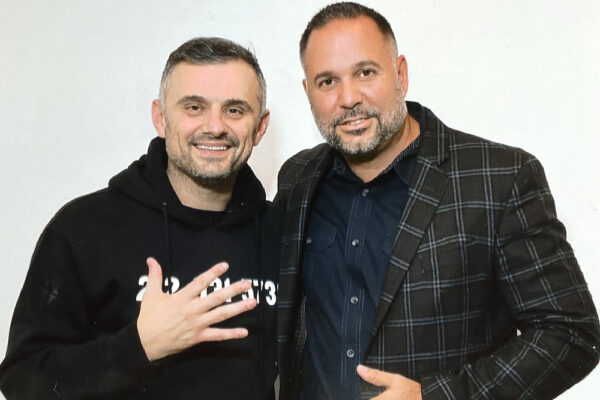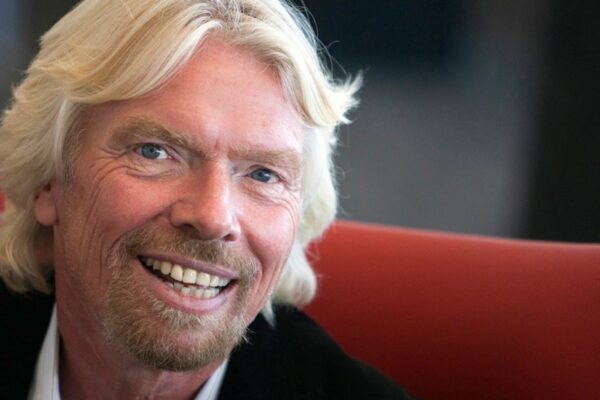As a leader in U.S. microfinance, ACCION USA empowers business owners with access to capital and financial education. In addition, they offer a green loan program with reduced interest rates on loans made to small businesses that provide or use green products and services.
I had the chance to interview SunBug Solar, one of their green loan pioneers, and see how these loans work in real life and how the green businesses are expanding month by month:
Hi Cheney, welcome to www.entrepreneurship-interviews.com. You’re running a green business. What is it about?
Cheney: Solar energy for residents and small businesses.
Where is the business located, and what’s the typical customer?
Cheney: The business is Somerville, sunny Somerville that is, and our typical customer is a homeowner interested in:
a. saving money
b. energy independence or
c. doing the right thing in regards to the environment.
Actually, our customers usually represent a blend of the above ‘typical’ customer profiles, but if I had to describe our customers, id describes them that way. Besides, our typical customer owns their own house or business. The political will and subsequent laws/mechanics are not in place yet to enable non-property owners to take advantage of solar power.
How did you come up with the idea?
Cheney: It is not an idea so much as an emerging marketplace. Energy has been a cornerstone of our economy for a long time, and solar power is simply an alternative energy source to oil, but one which is gain traction as the issues around oil get worse and worse.
Is it complicated to start a green business nowadays? And are green businesses sure to succeed because of the green movement or the same rules apply to any other business?
Cheney: It is never easy to start a business. New businesses are stressful, time-consuming, and the best thought out business plan is useless and outdated as soon as the business starts. There is nothing about the green movement that makes this business easier or more certain than any other. In fact, similar to the music business, more people are interested in getting into it because they are passionate about it, so it quickly becomes crowded. So, the same rules apply. New businesses are tough.
Why should families and businesses implement solar systems? What are the benefits?
Cheney: there are tons of benefits. There are financial benefits – your energy price is known and stable vs. the energy price of most alternatives – your energy source is clean – our home will increase in value, etc.
Are there any downsides?
Cheney: Sure. Solar systems are expensive. And some people think they are ugly.
What is the average cost of implementing a solar energy system for an average US house?
Cheney: Electric systems average 30-40thousand dollars. Much of that money is returned in the form of rebates and tax credits, but the upfront cash outlay is in that neighborhood. Thermal systems are less expensive (and affect a smaller portion of your utility bills), maybe in the neighborhood of 10k
And from your estimations, what is the typical amortization timeframe?
Cheney: Good word. Most people ask what the payback is. The lifespan of a solar electric system is north of 30 years. Hence, we do our return calculations based on 30 years, and we generally think of it as an investment with a return – and those returns can be anywhere between 8 and 20%. And, ironically, the largest factor affecting those returns isn’t where you are in the country or how much sun you get; the largest factor is the current price of electricity, which is very high in New England, and how much you predict that price to escalate in the coming years.
To clearly show the benefits of going green, what would be the average monthly savings on energy for a family house?
Cheney: We target 90% of a customer electric bill. Sometimes it’s less because of limited roof space or finances, but usually, we can get to 90% of the electric utility bill. Now, the size of that bill varies dramatically based on the house size. The department of energy has good data on average electric utility consumption.
Is it complicated to install a solar system on an already build a house?
Cheney: No. The paperwork is hard – a rebate, utility interconnection, permitting – but the actual installation isn’t that hard. It’s specialized but not that hard.
How different is it to run a green business from running a typical business?
Cheney: It’s no different, other than customers are typically very excited about their purchase, so customer interaction is generally very satisfying.
Are there any incentives from the local authorities?
Cheney: There are. And they are constantly changing. I’m not even going to mention them because they will change before I finish this interview. That’s part of the problem. Businesses need stable, predictable incentives to make appropriate investments; without that stability, real business momentum won’t happen. I hope the regulators and lawmakers, who are well-meaning, understand this as they continue to develop incentive programs.
How did the crisis affect the green businesses? Are people thinking about green as a way to cut costs?
Cheney: Yup. But the sticker price is too high for a knee-jerk reaction. It’s a researched purchase and investment in your home, so the crisis doesn’t really affect our business.
You have recently taken an inventory loan from ACCION USA – a non-profit microfinance organization that offers a green loan program. How did you find about them?
Cheney: We found Accion through a referral from Dorchester Bay EDC is an SBA (small business association) loan search.
We pushed on a bunch of doors, and the Accion door opened. They were very helpful and spent the time necessary to understand our business.
Is it complicated to apply for a loan as a green business? What was the process in your case?
Cheney: It was less complicated than expected; the process was really about getting the necessary things to Accion so they could understand the nature of the business and about the personal guarantee.
What were the main advantages of the ACCION USA green loan program?
Cheney: They were local and responsive!
Talking about financing, are there any financing options for families and businesses that want to go green?
Cheney: Very few, unfortunately. Some companies and some banks are trying to figure that out. If they do, everyone will benefit, but there aren’t solutions yet (Back to the stability in the incentive program question – banks REALLY need stability)
How do you feel about the future of the green industry? Why it’s not mainstream yet?
Cheney: Change is slow, and there is still a feeling that it’s not cost-effective (it is). It takes time to change perceptions. But the cost of alternative energy continues to improve relative to fossils fuels, and the awareness continues to build. I’m looking forward to a mature industry.
And your plans for the future?
Cheney: Ski when it snows. Play with my son. Grow this small startup business into a mid-sized stable and profitable business. Then write a symphony.




